
Haiti, Latin America: Week in Review
Cholera Cases In Florida and Dominican Republic Linked to Haiti
November 18, 2010 By Staff
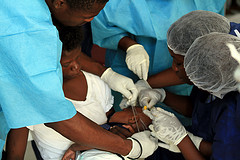
Nurses help with a baby's rehydration treatment
Today in Latin America
Top Story — The first known cases of cholera linked to the outbreak in Haiti were identified outside the country Wednesday, as a Florida woman contracted the disease while visiting family in Haiti’s Artibonite Valley and a Haitian construction worker who lives in the Dominican Republic brought the disease with him when he returned from Port-au-Prince.
The spread of the disease worries many public health specialists, who fear the illness that has left 1,110 people dead and 18,382 hospitalized could spread internationally.
News of the case caused panic in the Dominican Republic, with mats soaked in bleach being placed at the border entry between the two nations and health experts boarding Dominican-bound buses and inquiring if anyone is sick.
“Several weeks into this, we have just one imported case,” Dominican Health Minister Bautista Rojas Gómez said by phone from Santo Domingo, according to The Miami Herald. “If we stay vigilant, we should be able to have just isolated cases.”
Florida’s Department of Health is investigating several suspected cases of cholera throughout the state, but said they were not believed to be connected to the verified patient. The woman, who spent five days hospitalized with diarrhea and dehydration, is expected to make a full recovery.
“We are lucky in the state of Florida, and the U.S. generally, to have a very sound infrastructure for our food, water and sewage,” said Rob Hayes, spokesman for the Florida Department of Health, according to The New York Times. “With that in place, and with our aggressive public health practices, we are not concerned about this being a significant public health threat.”
Anti-United Nations protests continued in a more scaled tone in Haiti Wednesday, but a third demostrator was killed during clashes.
U.N. peacekeepers are being blamed for a number of shootings in the country’s second city of Cap-Haitien, as the protests continue into the third day. A spokesman for the U.N. mission to Haiti said that there were no exchanges of gun fire between U.N. troops and local residents and that local gang rivalry could be blamed for the gunshots.
At least five people had been admitted to hospital with gunshot wounds in Cap-Haitien, local doctors said.
“According to some residents, there has also been a body laid out in front of the U.N. office in Cap-Haitien, said to be of someone who was shot dead by U.N. peacekeepers,” Al Jazeera’s Cath Turner said.
Headlines from the Western Hemisphere
North America
- A captured drug trafficker with ties to Mexico’s La Familia cartel said the groups leader is physically and emotionally drained and that the recent offer to disband the gang is real.
- A U.S. TV producer is being held in jail before a hearing over whether to grant him bail ahead of a possible extradition to Mexico, where he has been charged with murdering his wife.
- U.S. Senate Majority leader Harry Reid said that he will seek votes to allow some children of undocumented immigrants to gain legal status and to repeal the controversial “don’t ask, don’t tell” policy in Congress’ lame duck session.
Caribbean
- A 12-year prison sentence for a man who dragged a horse behind his truck has touched off a debate in Puerto Rico over whether a new animal cruelty law goes too far, when even homicide can result in lighter penalties.
- Russian energy firm Gazprom has joined a growing list of foreign companies searching for oil off Cuba’s coast.
- Two Miami men who fled after being charged with cocaine trafficking more than a decade ago have been arrested in their native Dominican Republic, where they built new and public lives.
Central America
- Panama’s Banco General S.A., one of the country’s largest banks, expects its loan portfolio to grow by about 5 percent next year from 2010.
- A wind energy project in Honduras has received financial backing from the Central American Bank for Economic Integration and the U.S. government’s Export-Import Bank, which approved a $209.3 million loan.
- Former Costa Rican President and Nobel laureate Oscar Arias said his country should take a border dispute with Nicaragua that was triggered by a Google Maps error to the U.N. Security Council to seek a resolution.
Andes
- Ecuador’s President Rafael Correa warned on Tuesday of a lengthy legal dispute if foreign oil firms seek international arbitration over the government’s efforts to renegotiate contracts in its favor.
- Peru’s main stock-market indexes ended higher Wednesday as blue chip shares rose despite losses in metals prices.
Southern Cone
- The second fire onboard a fishing vessel in the port of Montevideo in two days has prompted the Uruguayan government to launch an investigation.
- Thirty-three women in south-central Chile are launching a hunger strike to protest the dismissal of temporary workers hired to help in the earthquake-hit zone.
- Brazilian police arrested 22 people in an operation Wednesday to break up a drug-smuggling ring suspected of transporting drugs to Africa and Europe.
- A female member of the Argentine congress hit a congressman in the face for reportedly “attacking” her on Wednesday during debate on the national budget.
Image: British Red Cross @ Flickr.
Subscribe to Today in Latin America by Email
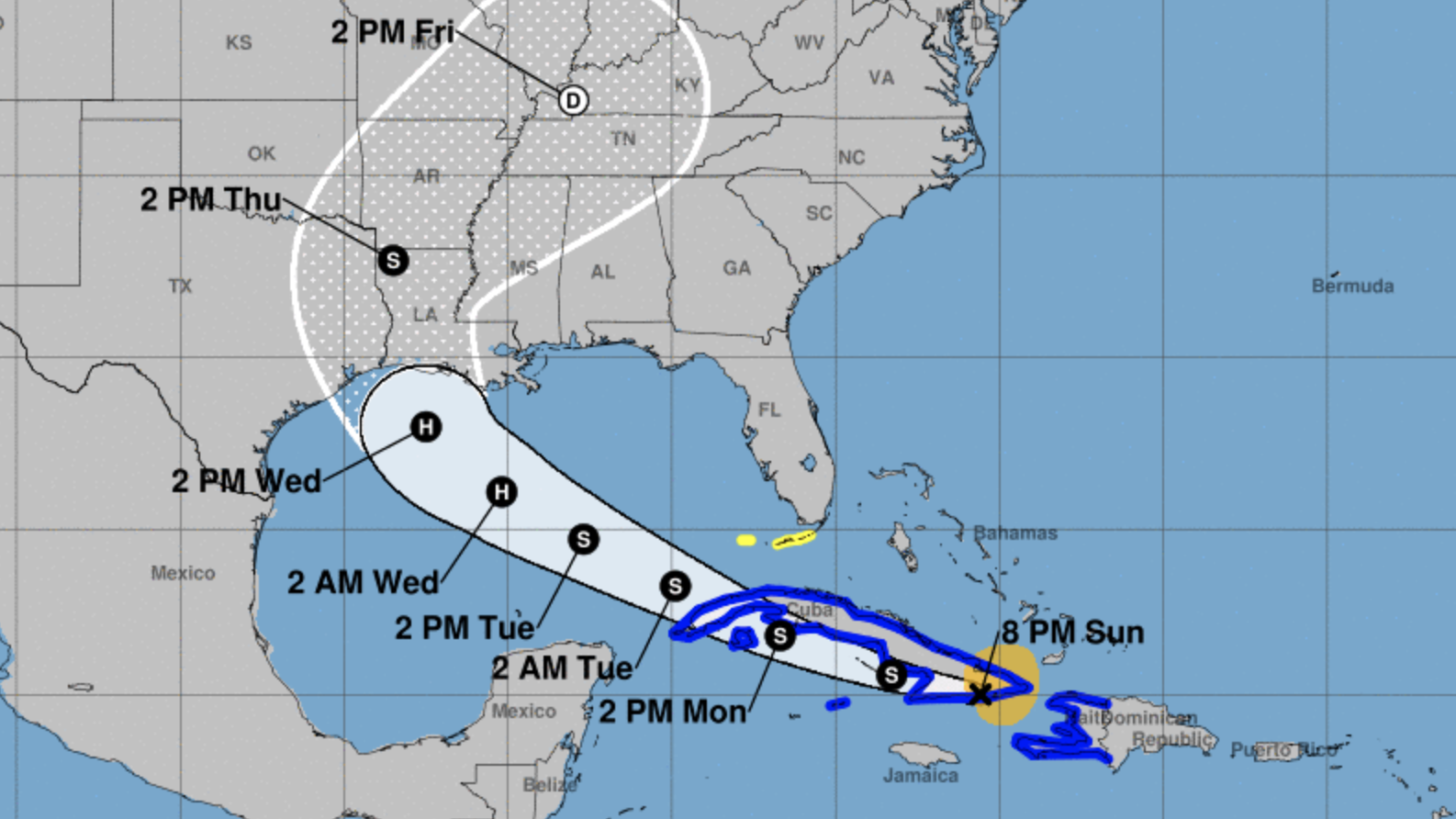
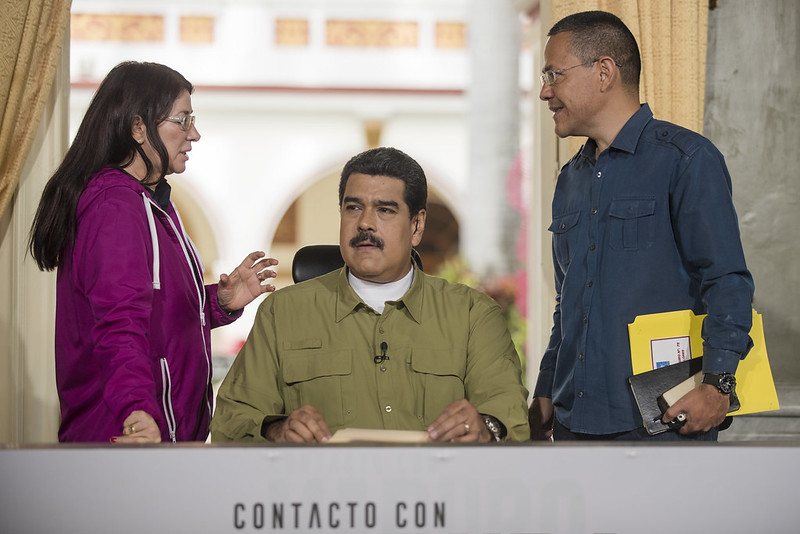
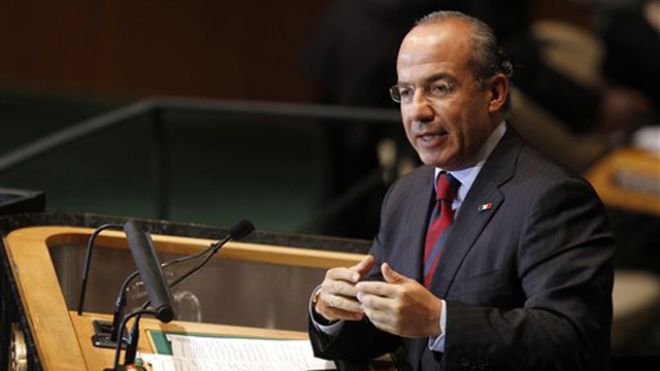
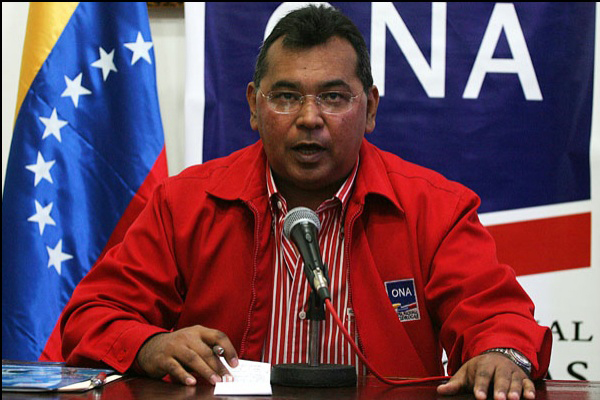

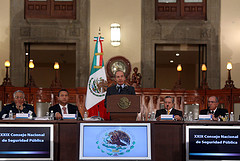
1 Comment
[…] The cholera outbreak in Haiti appears to have broken the international borders and now has cases appearing in Florida and the Dominican Republic. A woman who lives in Florida returned home to the US after visiting family in Haiti and carried cholera home with her. Also, a construction worker for the Dominican Republic who had been working in Port-Au-Prince carried the illness back with him to DR. These cases mark the first known spread of the Haitian cholera outbreak spreading outside Haiti. More can be read on the newly diagnosed/spread cases here. […]
Comments are closed.